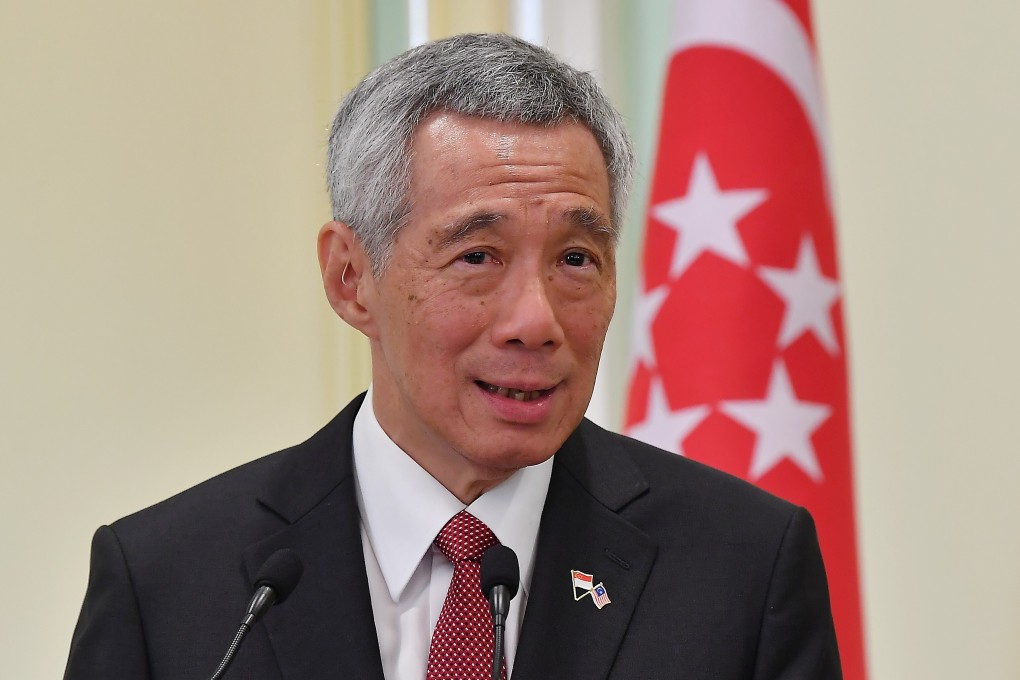Advertisement
Singapore starts vaccinations for students, with Covid-19 outbreak ‘on track’ to be brought under control: PM Lee
- School-aged residents will be able to register for jabs from Tuesday, while restrictions are likely to be eased from June 13 if cases fall
- Even those who appear well or are not displaying symptoms will be regularly tested, while contact tracing will see a ‘more aggressive approach’
Reading Time:3 minutes
Why you can trust SCMP
5

Singapore’s Prime Minister Lee Hsien Loong on Monday said the country’s latest Covid-19 outbreak – which earlier this month triggered a fresh set of lockdown-like conditions – appeared to be “on track” to be brought under control, and outlined plans to drastically boost testing, contact tracing and vaccinations.
“We went on heightened alert to reduce social interactions and new infections. Everyone has responded, to cooperate on the measures we had to take,” Lee said in a televised address.
“Because of your support, the number of daily cases has come down. Barring another super-spreader or big cluster, we should be on track to bring this outbreak under control.”
Advertisement
On the country’s vaccination programme, which began in December, Lee said Singapore had received confirmation of faster deliveries in the coming two months that would allow the government to “offer the vaccine to everyone, even sooner than we expected”.
He said while the city state’s 40 vaccination centres were working smoothly, the supply of inoculations had been a key constraint.
Advertisement
Advertisement
Select Voice
Choose your listening speed
Get through articles 2x faster
1.25x
250 WPM
Slow
Average
Fast
1.25x